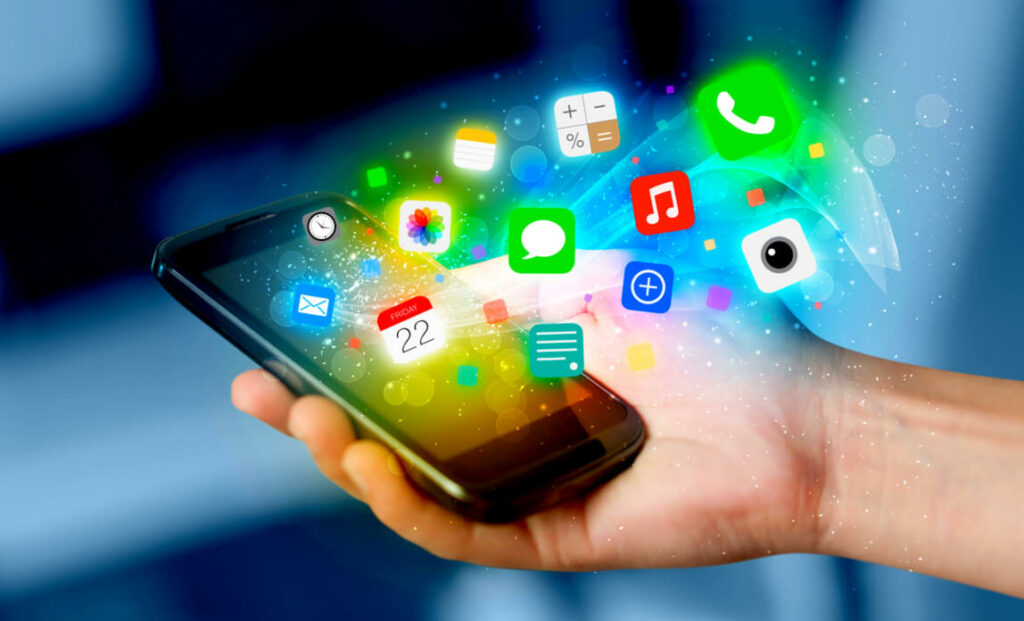Using Personalization to Increase User Engagement in Your Mobile App


Today, in a landscape where apps are sprouting like mushrooms after a spring rain, capturing and retaining user attention has become a Herculean task. The secret weapon for standing out in this saturated market is no other than ‘personalization’. This article explores the impact of personalization on user engagement within your mobile app, and how you can leverage this golden ticket to create a more user-centered app experience.
Understanding the Power of Personalization
Think about the last time you opened your favorite music streaming app. It probably greeted you by name and maybe even had a custom-made playlist ready for you. This is a prime example of personalization.
According to a study by Epsilon, 80% of consumers are more likely to do business with a company if it offers personalized experiences. Personalization in mobile apps is about delivering content and experiences tailored to individual users based on their behavior, preferences, and real-time data. It’s about making users feel understood and valued, creating an emotional connection that can skyrocket user engagement and retention rates.
The Impact of Personalization on User Engagement
User engagement, which refers to how frequently and how long users interact with your app, is a critical factor in the success of any mobile application. Increasingly, businesses are realizing that one-size-fits-all approaches simply don’t cut it anymore when it comes to keeping users hooked. Personalization plays a pivotal role in these efforts.
Personalization Fosters User Loyalty
By understanding and meeting users’ unique needs and preferences, you build a sense of trust and loyalty. Users are more likely to return to an app that ‘knows them,’ thus increasing engagement and overall user retention.
Personalization Boosts Conversions
A user that feels valued and understood is a user that’s more likely to convert. With a personalized user experience, you’re essentially providing a tailor-made path to conversion for every user, increasing the likelihood that they’ll complete the desired action.
Strategies to Personalize User Experience in Your Mobile App
Now that we understand why personalization matters, let’s dive into some effective strategies to personalize user experience within your mobile app.
Leverage User Data for Personalization
To personalize effectively, you need to understand your users. Collecting and analyzing user data such as in-app behavior, location, device information, and preferences can provide valuable insights. Use this data to tailor content, design, and features to individual user needs and preferences.
Implement AI and Machine Learning
AI and machine learning can take personalization to the next level by learning from user behavior and preferences over time. These technologies can predict what users want or need, delivering personalized experiences at scale.
Personalize Push Notifications
Push notifications are an excellent way to engage users, especially when personalized. By tailoring your messages to individual users’ behaviors and preferences, you can increase open rates and drive more engagement.
Case Studies: Successful Personalization in Mobile Apps
Let’s take a look at some businesses that have successfully used personalization to increase user engagement in their mobile apps.
Spotify: A Masterclass in Personalization
Spotify’s personalized playlists, such as ‘Discover Weekly’ and ‘Daily Mix,’ are loved by users. These features are powered by complex algorithms that analyze user behavior to suggest songs that they’ll enjoy, driving high user engagement and loyalty.
Netflix: Personalization Through AI
Netflix uses AI to analyze user viewing history and preferences to suggest shows and movies. This personalized recommendation system is a major reason why users spend so much time on the platform.
Conclusion: The Future of Mobile Apps is Personalized
In today’s highly competitive app market, personalization is no longer a nice-to-have; it’s a must-have. By understanding your users and tailoring your mobile app experience to their unique needs and preferences, you can boost user engagement, conversions, and retention, securing your app’s success in the process.
As personalization technology continues to advance, the potential for creating highly engaging, user-centered app experiences is exciting. The future of mobile apps is personalized. Are you ready to seize the opportunity?






Responses